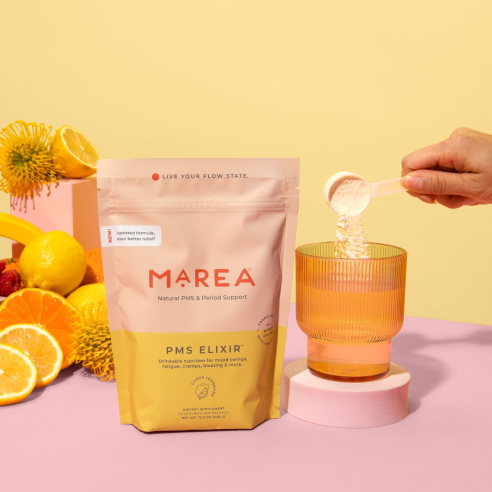Season 3 Episode 4
Female Fitness Guide: Essential Training and Protein Needs for Women
In this enlightening episode of The Flow State podcast, hosts Monica Grohne and Norah Candido break down the groundbreaking research from Dr. Stacy Sims about female-specific fitness and nutrition needs. This digestible guide reveals why women need to train differently than men and how to optimize workouts across different life stages.
Understanding Female-Specific Training Needs
Women's bodies respond differently to exercise than men's, largely due to hormonal differences. Estrogen acts as "female testosterone," playing a crucial role in muscle contraction and development. This understanding challenges traditional fitness approaches that have been based primarily on male physiology.
Key Training Recommendations for Women
The ideal weekly training schedule for women in their reproductive years should include:
- Three resistance training sessions with heavy weights
- Two sprint interval training sessions (30-second sprints with full recovery)
- Zone 2 cardio training for aerobic base development
- Sessions should typically last no longer than 60 minutes
Rethinking High-Intensity Training
A significant revelation discusses the misunderstanding of "moderate intensity" workouts. Popular bootcamp-style classes and HIIT sessions that keep heart rates elevated for 40+ minutes can actually create excessive stress responses in women's bodies. Instead, true high-intensity work should be short (30 seconds or less) with complete recovery periods.
Protein Needs for Women: Breaking Down Myths
The episode challenges outdated protein recommendations, revealing that:
- Women need 1.6-2.0 grams of protein per kilogram of body weight
- Aim for 30 grams of protein per meal during reproductive years
- Increase to 40 grams per meal during perimenopause and menopause
- The "20-gram absorption limit" is based on male research and doesn't apply to women
Understanding Protein Quality
Not all proteins are created equal:
- Whey isolate provides optimal leucine content for muscle development
- Plant-based proteins (like pea isolate) can work but may require larger portions
- Collagen supplements, while beneficial for joints and skin, don't count toward protein goals for muscle building
Training Across Your Menstrual Cycle
The podcast breaks down how to optimize training throughout your cycle:
- Menstrual Phase: Excellent time for strength training due to hormonal profile
- Follicular/Ovulatory Phase: Energy peaks make this ideal for intense training
- Early Luteal Phase: Continue normal routine with attention to energy levels
- Late Luteal Phase: Consider reducing intensity as needed, focus on recovery
Special Considerations for Different Life Stages
Perimenopause and Menopause
- Decrease extended cardio sessions
- Focus on heavy lifting with lower reps (5-6 reps, 4 sets maximum)
- Increase sprint interval training frequency
- Maintain protein intake at 40g per meal
Practical Implementation Tips
- Start with bodyweight exercises if new to strength training
- Use conversational pace to gauge Zone 2 cardio intensity
- Focus on proper form before increasing weights
- Create consistency through regular scheduling
- Listen to your body while maintaining routine
Key Takeaways
The episode emphasizes that women's fitness needs differ significantly from men's, particularly regarding protein intake and training intensity. Traditional fitness advice often doesn't account for female physiology, highlighting the importance of hormone-aware training approaches.
Remember: While these guidelines provide a framework, individual responses vary. Monitor your body's signals and adjust accordingly while maintaining consistency in your fitness routine.











